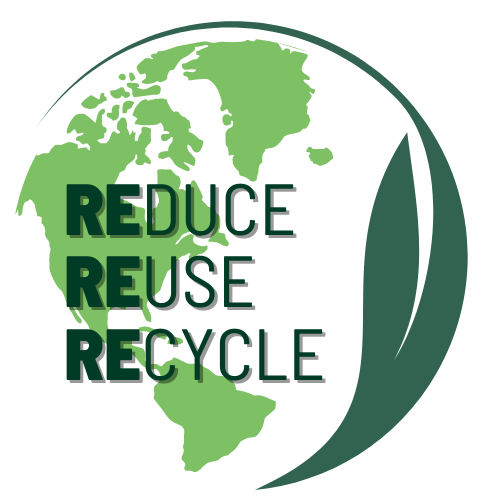ASLO 2015 Aquatic Sciences Meeting
ASLO 2015 Aquatic Sciences Meeting
Dear colleagues,
We just wanted to provide a final reminder for the ASLO 2015 Aquatic Sciences Meeting that will be held 22-27 February 2015 in Granada, Spain, where we will be holding a session on ??Microscopic plastic debris and its impact on aquatic ecosystems?? (summary below).
We welcome abstract submissions for either 15 minute oral presentations or posters, which will be viewable throughout the week with special time periods set aside for poster presentations.
The online registration and abstract submission system can be found here: http://sgmeet.com/aslo/granada2015/submission_overview.asp
Please note:
– The deadline for abstract submission has been extended to 10 October 2014 at 23:59 U.S. Central Time. This deadline will be strictly adhered to.
– Only one abstract is permitted per first author, and each abstract must be accompanied by a paid registration by the presenting author.
If you have questions about this session, please contact the meeting co-chairs: Prof. Tamara Galloway (t.s.galloway@exeter.ac.uk), Dr Ceri Lewis (c.n.lewis@exeter.ac.uk) or Dr Matthew Cole (m.cole@exeter.ac.uk).
We are excited about this session and look forward to your submission. Please feel free to forward to colleagues who may find this session of interest.
Kind regards,
Tamara, Ceri & Matt
Session 101 – Microscopic plastic debris and its impact on aquatic ecosystems
http://www.sgmeet.com/aslo/granada2015/sessionschedule.asp?SessionID=101
Global plastic production has risen rapidly over the past sixty years, and 10% of all discarded plastic waste is thought to end up in the oceans. There it can fragment, but takes centuries to fully degrade. As a result, microplastics (small plastic detritus ?? 1 mm diameter) have become a widespread pollutant, and are increasingly present in aquatic ecosystems (both freshwater and marine) across the globe. Microplastics can be ingested by an array of marine life, although the risk they pose to the health of aquatic organisms is still largely unknown. In this session, we aim to bring together the latest research documenting the distribution of microplastics in aquatic ecosystems across the globe, evidence for bioaccumulation of microplastics in laboratory studies and from field surveys, and studies addressing the biological effects of microplastics ingestion on organisms from across the food web. Studies documenting how best to locate and identifying microplastics in water, sediment and in organisms themselves would be of interest as would information on hotspots of contamination and vulnerable species. Finally, it would be of particular interest to discuss the potential ecological impacts of predicted increases in marine litter on different aspects of ecosystem function and biogeochemical processes.




